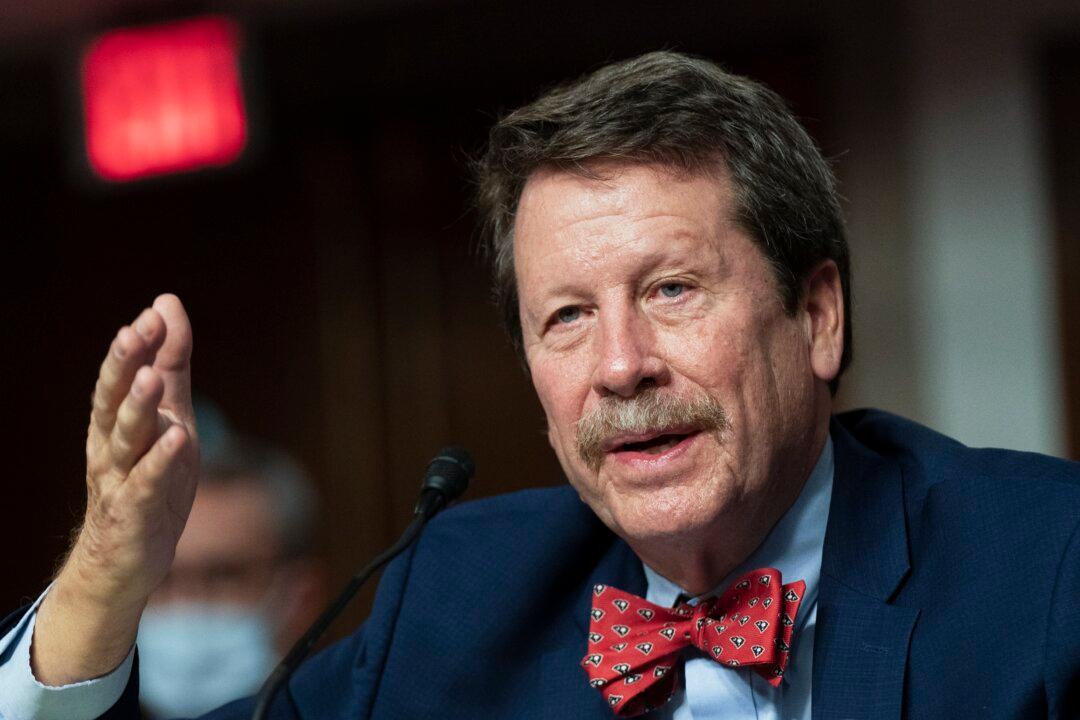The new Food and Drug Administration (FDA) chief said he will prioritize fighting so-called “misinformation,” although he did not specify anything in particular.
“A purely reactive mode is not appropriate, particularly in this new era of social media,” incoming FDA Commissioner Robert Califf, who was just recently a senior adviser at Google Health and Verily, told FDA staff in a letter that was made public this week.





